Potential Benefits of CBD Oil for Health Issues
Learn about the potential benefits of CBD and how it is being studied for use with health issues including anxiety disorders, epilepsy, alcoholism, migraines, skin issues, and more.
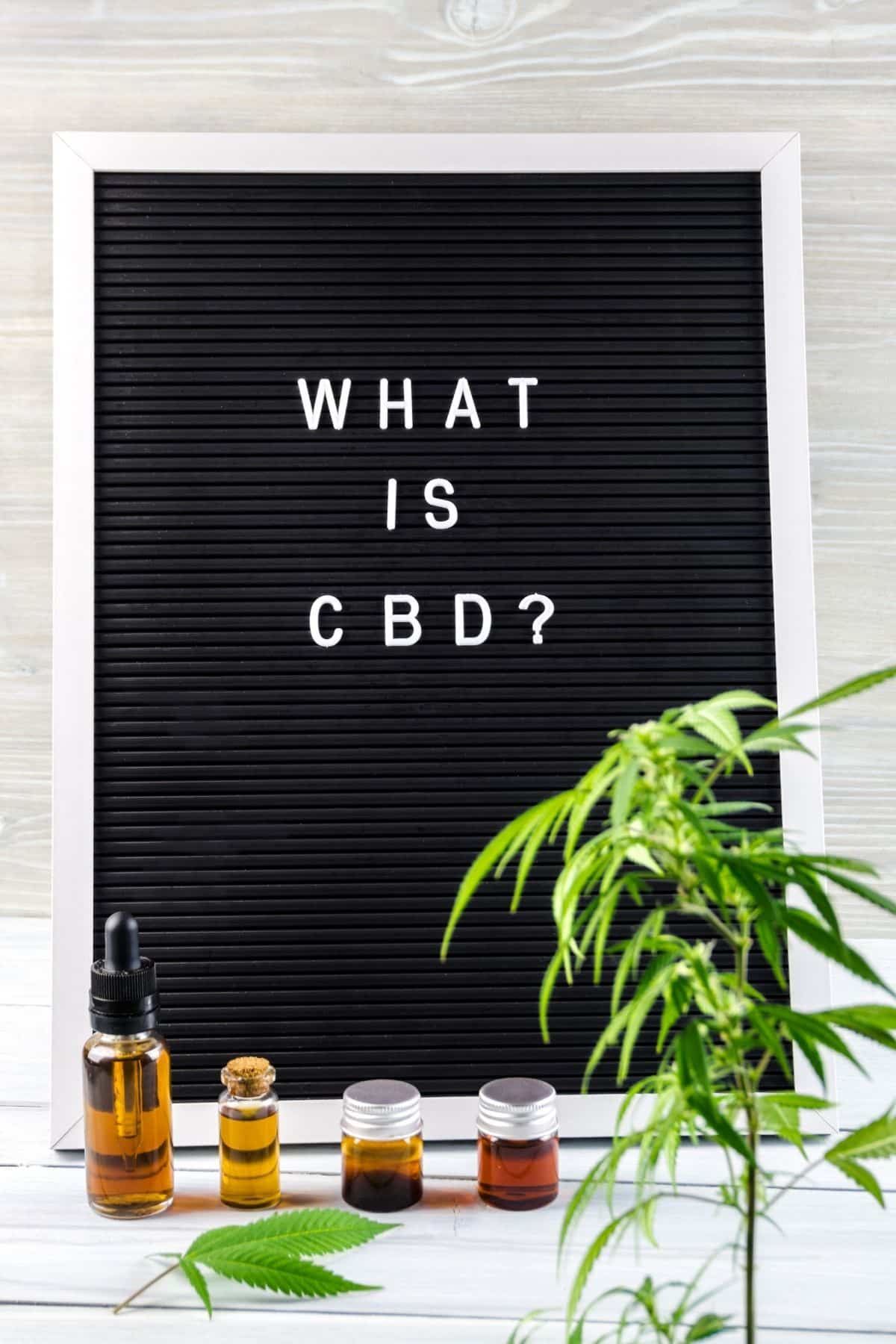
What is CBD Oil?
CBD oil is gaining popularity by the day. CBD oil is an extraction of the cannabinoid directly from a cannabis plant’s stalk, seeds, and flowers.
CBD, short for cannabidiol, is one of the most prevalent cannabinoids found in cannabis plants. When extracted from the hemp plant and mixed with a quality carrier oil or solvent, CBD is turned into a tincture.
The human body has a system called the endocannabinoid system, complete with receptors sites for phytocannabinoids. CBD is one of many safe, non-psychoactive phytocannabinoids that attach to these receptor sites and interact with our endocannabinoid system.
CBD is different from THC (tetrahydrocannabinol), the psychoactive cannabinoid found in marijuana plants. Quality CBD is derived from hemp plants, not marijuana plants. CBD has no psychoactive qualities, instead nourishing your endocannabinoid system.
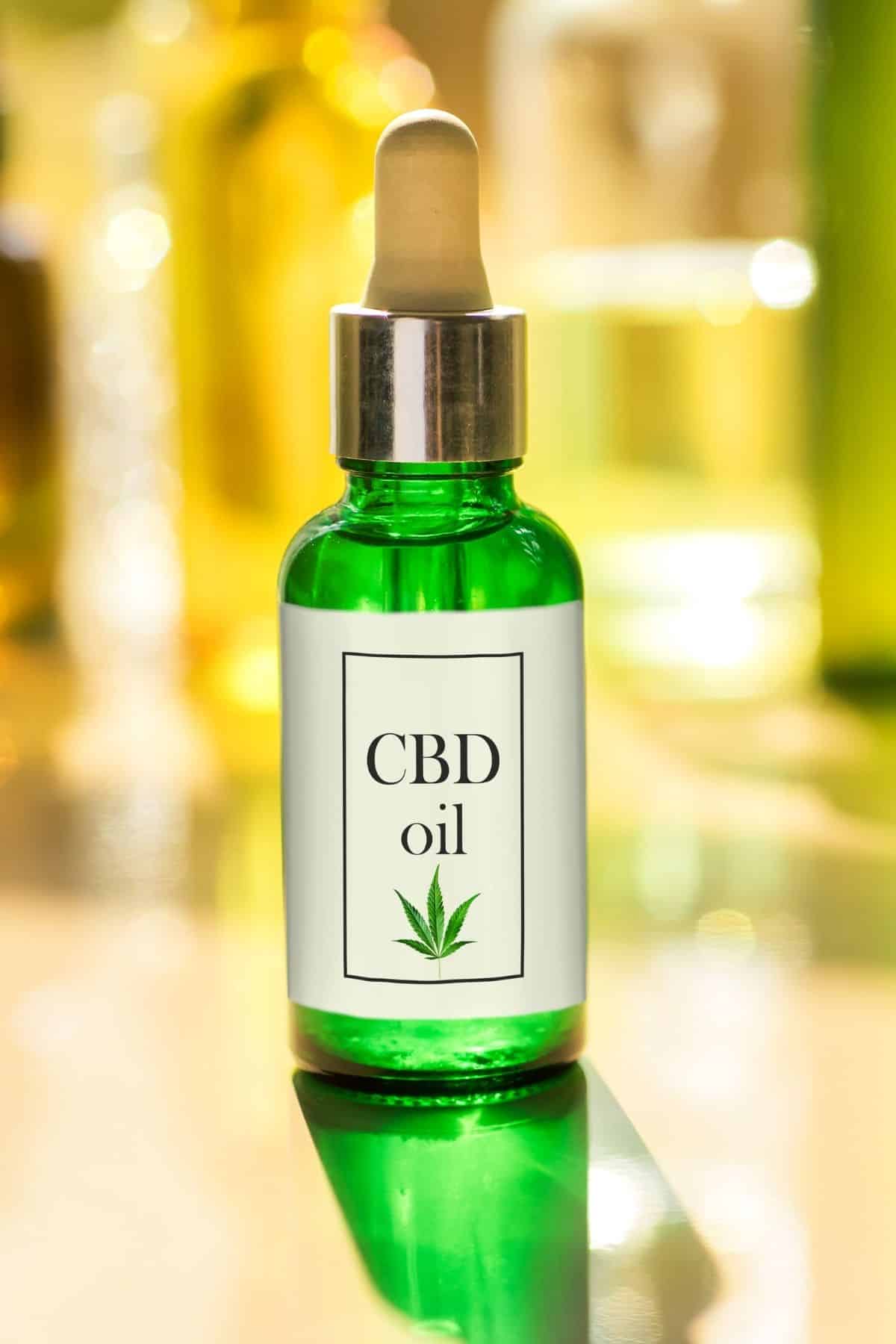
What is it Used For?
CBD oil is being researched for its potential benefits in a variety of health conditions and symptoms, including anxiety and depression, chronic pain and joint issues, migraines, skin issues, epilepsy, alcoholism, and sleep issues.
As always, please consult your healthcare provider to make sure that CBD is appropriate for you.
1. Anxiety & Depression
Further research is needed, as it is with all uses for CBD oil, but CBD oil is a promising addition to treatment regimens for anxiety disorders and depression. It’s even said to have a potential antidepressant effect.
2. Chronic Pain and Joint Issues
Studies have shown significant pain relief with topical application of CBD to pain sites and joints. CBD reduces inflammation and has been found to reduce joint swelling, making it a popular treatment for arthritis.
Cannabinoids in general are becoming popular treatments for chronic pain associated with multiple sclerosis, fibromyalgia, and cancer.
3. Migraines
CBD oil may offer effective relief for some migraine sufferers, as it interacts with the pathways associated with migraines.
4. Psoriasis & Eczema
There’s some anecdotal evidence that incorporating CBD oil into a treatment regimen for psoriasis can offer relief to psoriasis sufferers, due to its inflammation-reducing properties. Preliminary studies have also found CBD use beneficial for other skin conditions such as acne and various types of dermatitis.
5. Epilepsy
There’s some promising research showing the anticonvulsant properties of cannabinoids. CBD has been shown in studies to offer significant relief to epileptic patients. The Epilepsy Foundation now acknowledges the ability of cannabinoids (CBD, specifically) to reduce seizures.
6. Alcoholism
There’s evidence that the use of CBD oil can reduce the neurodegenerative effects of binge alcohol use, thus preventing further cognitive decline.
7. Insomnia & Sleep disorders
A small study has shown sleep pattern improvement in individuals with sleep disorders and/or anxiety disorders, with more research being conducted to further explore the effects of CBD on sleep.
The sedative effect that higher doses of CBD can have, combined with the anti-anxiety benefits may make CBD oil an effective treatment for insomnia and other sleep disorders.
Is CBD Legal?
CBD derived from hemp plants has been legal nationwide for only a few months now, with the passing of the Agriculture Improvement Act in December, 2018. CBD extracted from other cannabis plants (such as marijuana) is not legal nationwide, but may be legal depending on your state.
Currently, you can buy CBD oil online and have it shipped to you only if it is hemp-derived and contains less than 0.3% THC. The federal legality of all cannabis-derived substances is a gray area for now, but the federal and state governments are taking notice of the interest in these substances.
FAQs
No, CBD is a non-psychoactive compound present in cannabis plants. It does not contain high enough levels of THC, the psychoactive compound in cannabis, to have a psychoactive effect.
It’s important that you do your own research, but most CBD products are legal in the United States.
You can take CBD in many different ways, including in an oil that you ingest using a dropper, through the skin as a lotion, or in a capsule. You can also buy foods or treats made with CBD, or you can make your own CBD gummies.
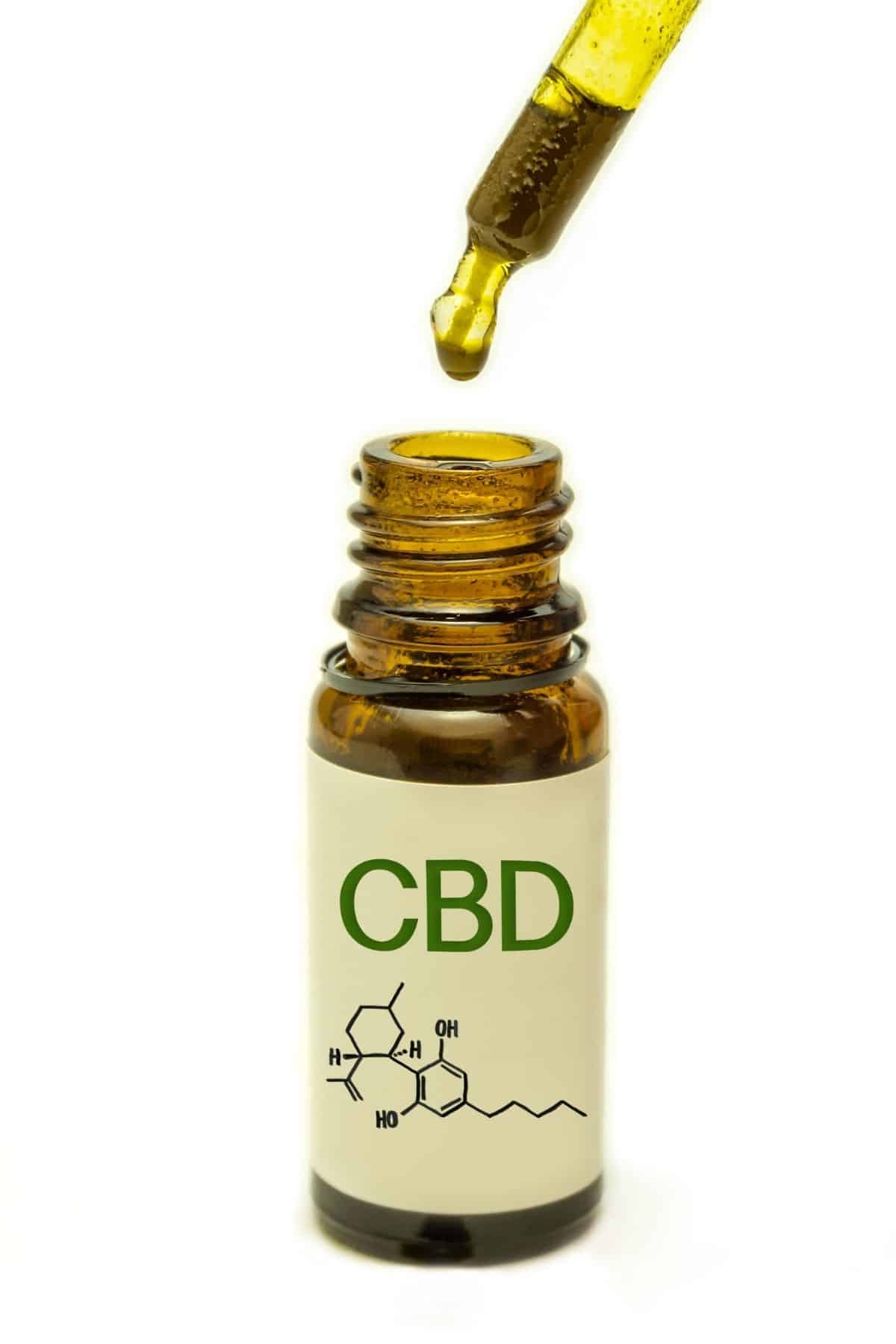
Conclusions
There is some scientific evidence to suggest that CBD may be an option for people with certain health conditions. CBD is a non-psychoactive compound from the hemp plant, and is usually available in capsules, tinctures, lotions, and more.
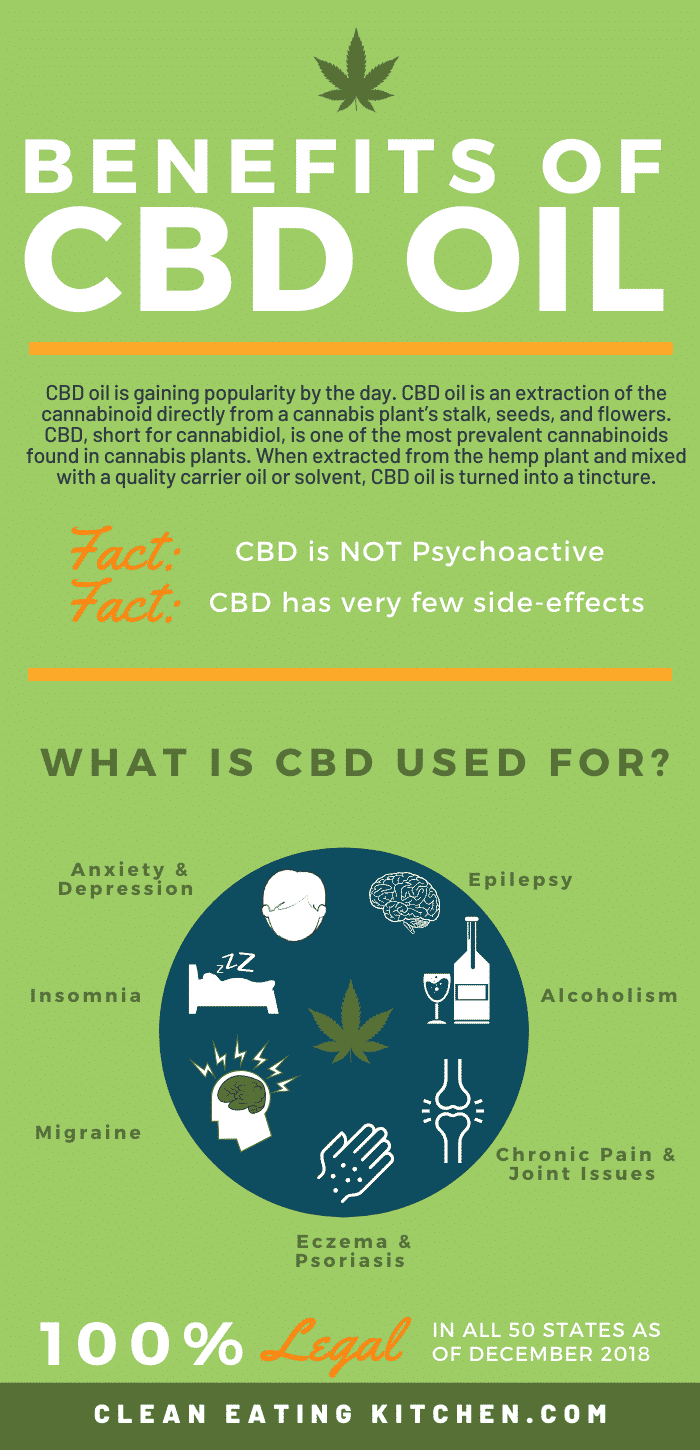
Don’t forget to join my newsletter list to get exclusive clean eating recipes and tips. The newsletter is 100% free with no spam; unsubscribe anytime.
Note: this post is for informational purposes only and is not intended as medical advice. Please consult your healthcare provider for recommendations related to your individual situation.
About the Author: Carrie Forrest has a master’s degree in public health with a specialty in nutrition. She is a top wellness and food blogger with over 5 million annual visitors to her site. Carrie has an incredible story of recovery from chronic illness and is passionate about helping other women transform their health. Send Carrie a message through her contact form.


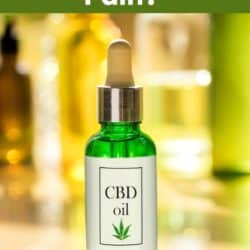


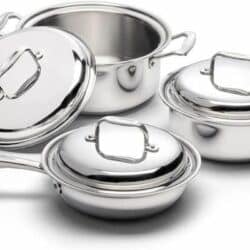











I found it amazing to know that CBD benefits people with sleep disorders without having the effects of THC. My father suffers from Insomnia and does not accept medication for his disease. Thanks to your article, I am able to help my father with the use of natural treatments.
I have seborrheic dermatitis. Will definitely try using CBD Oil to see if it helps me. Thank you for sharing <3
Ohhhh, please do let me know, Ananya! I have heard good things about CBD and skin issues!
Wow so many benefits. Where to buy it? Is this available here in my country. And this safe for lactating mom?
I don’t know where you live, Rosemarie. And, I would wait until you are done breastfeeding to start CBD. Or, consult with your doctor before trying it, if you want to start sooner. I’ve linked to the company and brand I recommend in the post.
I’ve been thinking a lot about this. I never imagined it could be used in the kitchen. Very interesting. Thanks for sharing
so interesting! Since seeing Kim Kardashian CBD themed baby shower I have been very confused… and this post totally cleared up many questions I had!
Oh good, I’m glad the article helped answer some questions for you, Maya!
I tried CBD oil for the first time about a month ago and it helped so much with my anxiety! Can’t recommend it enough. It’s basically a miracle lol
That is an amazing story, Sam! I’m sooooo happy that the CBD is helping you.
I’ve been hearing more and more about CBD oil and the benefits of it. It seems like there are very few (if any) side effects and downside to it.